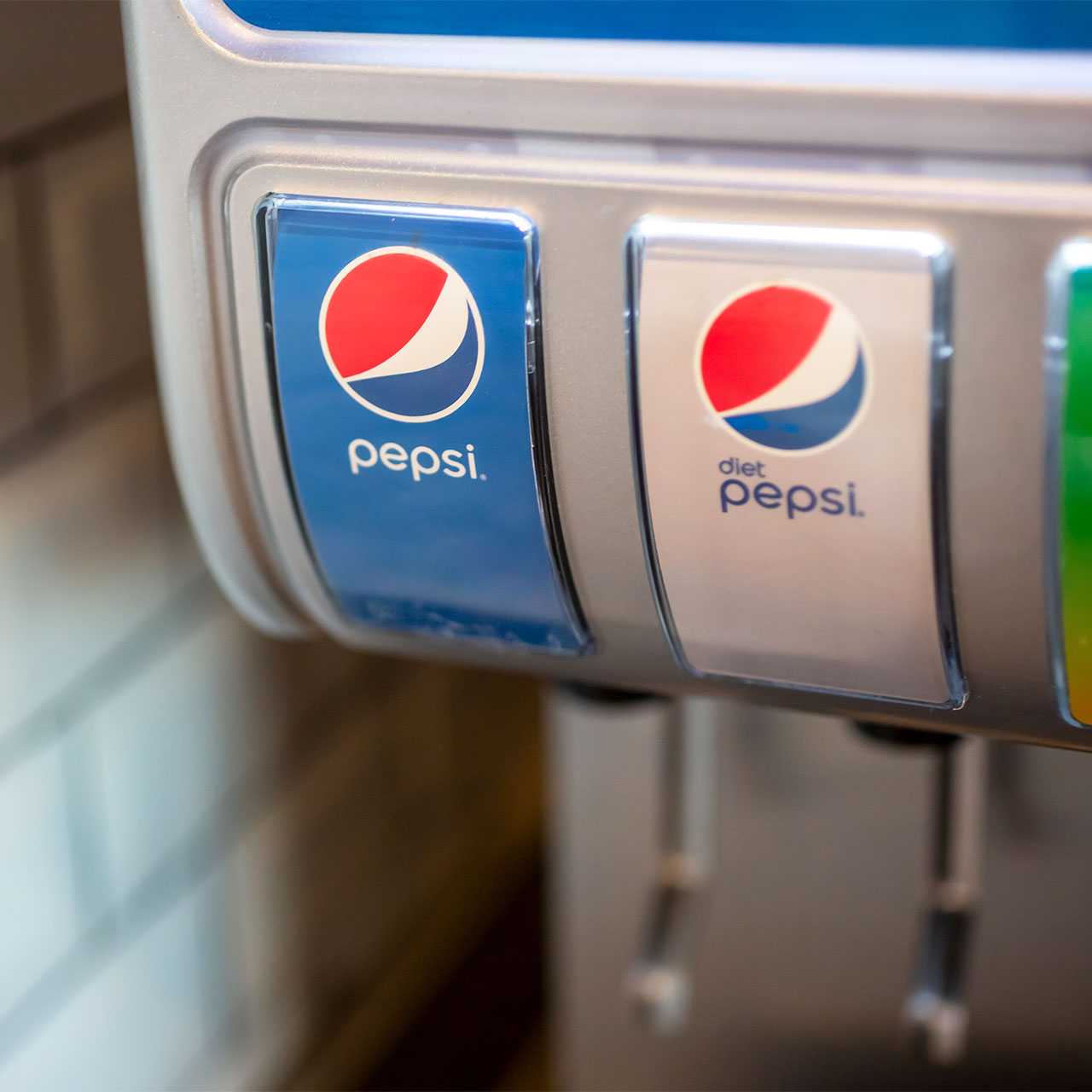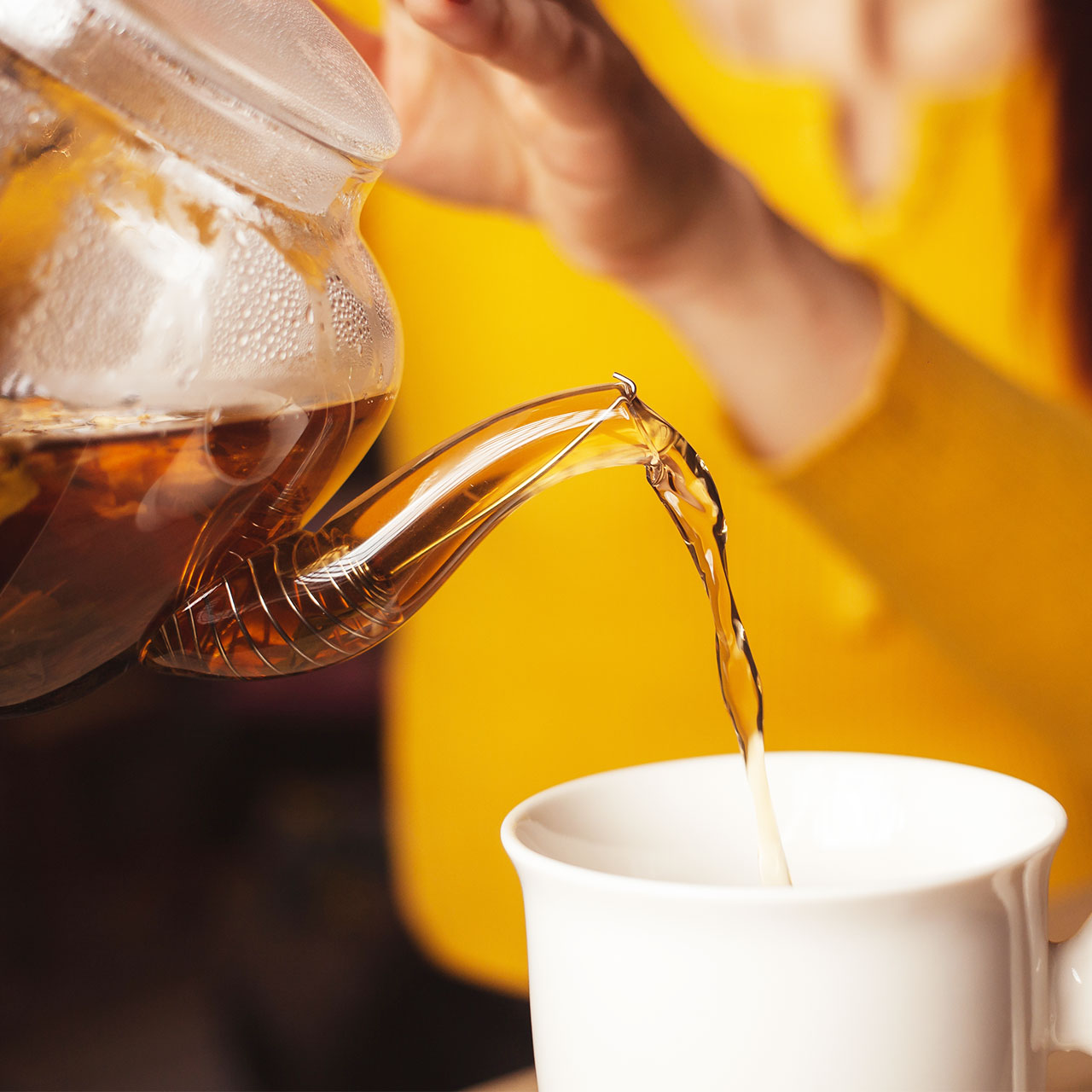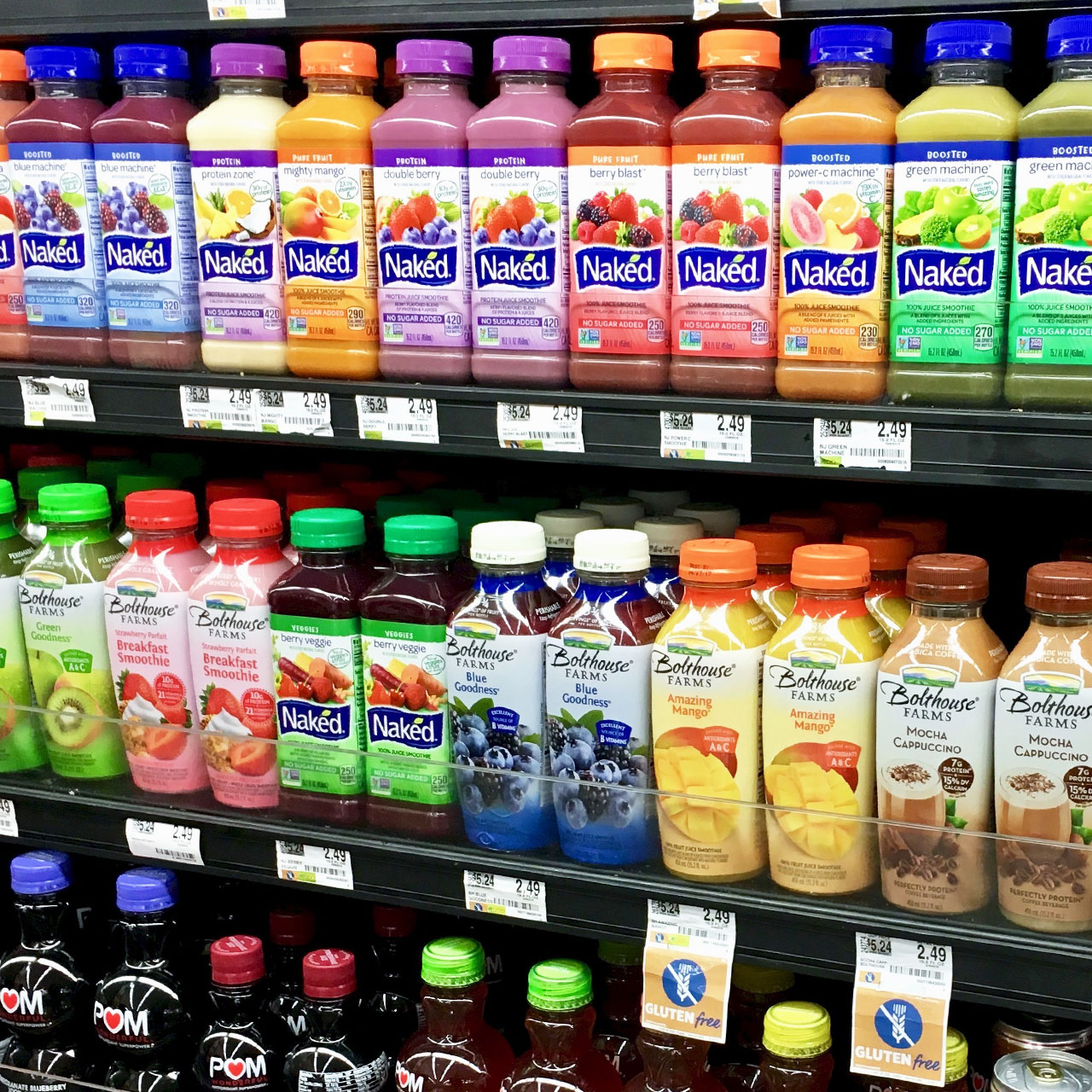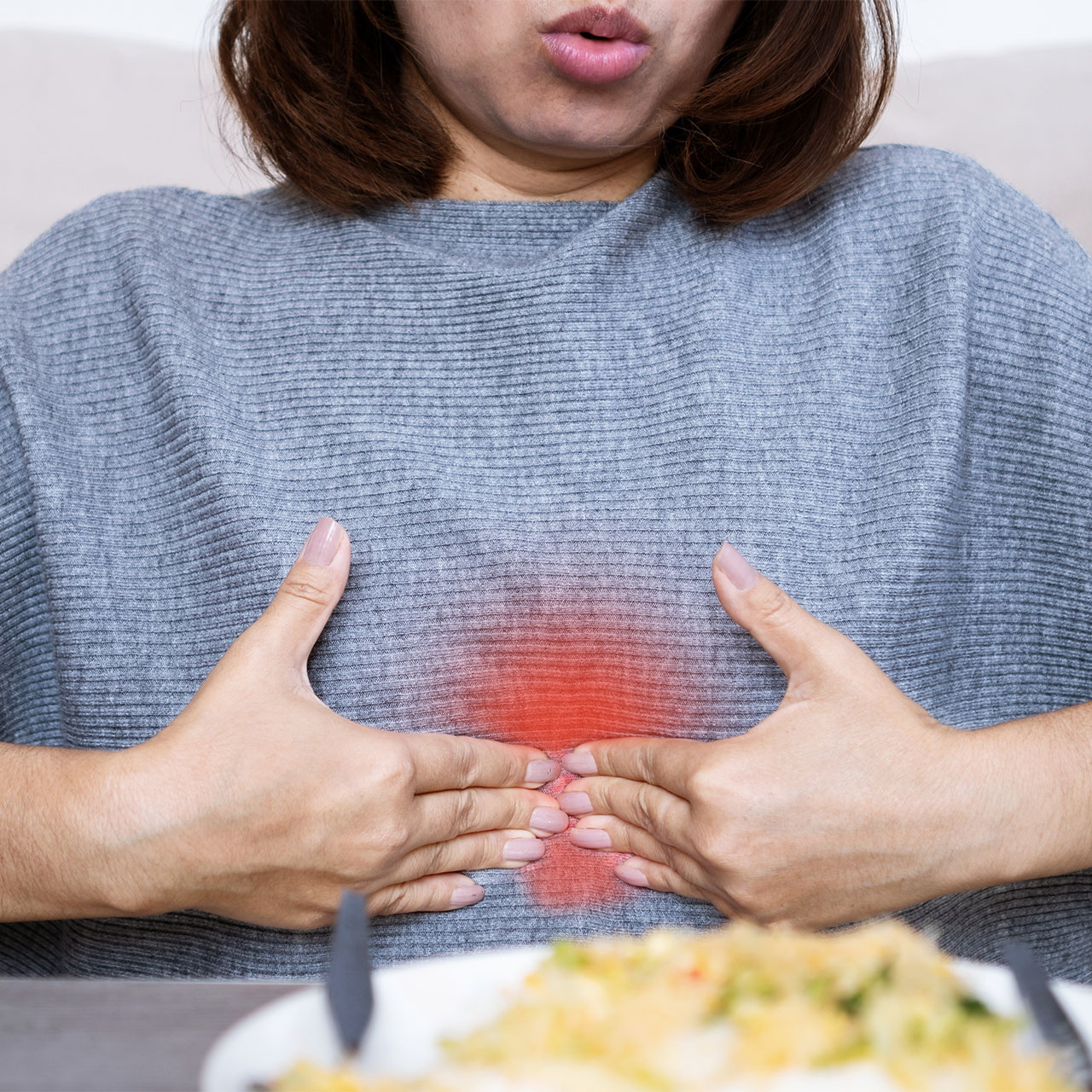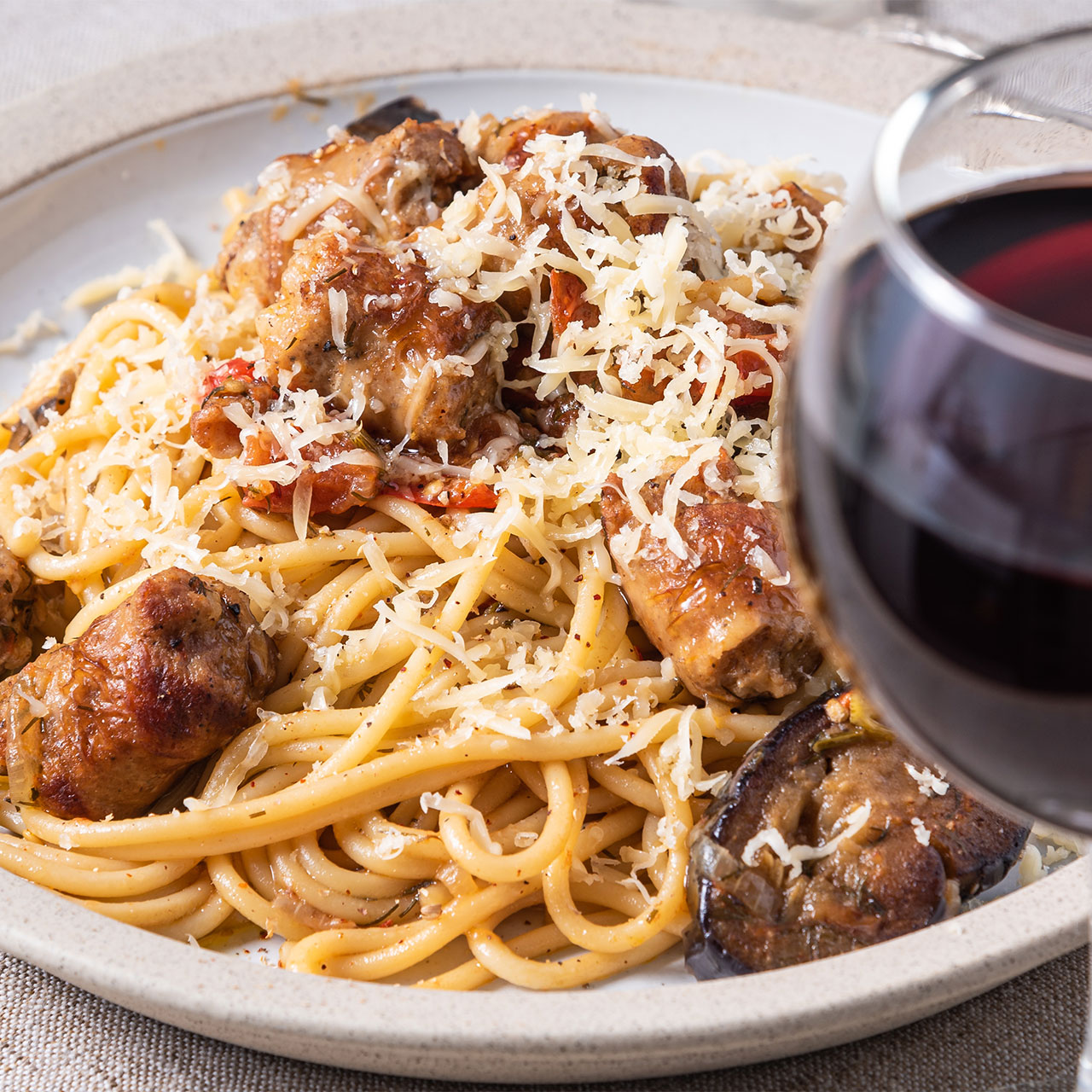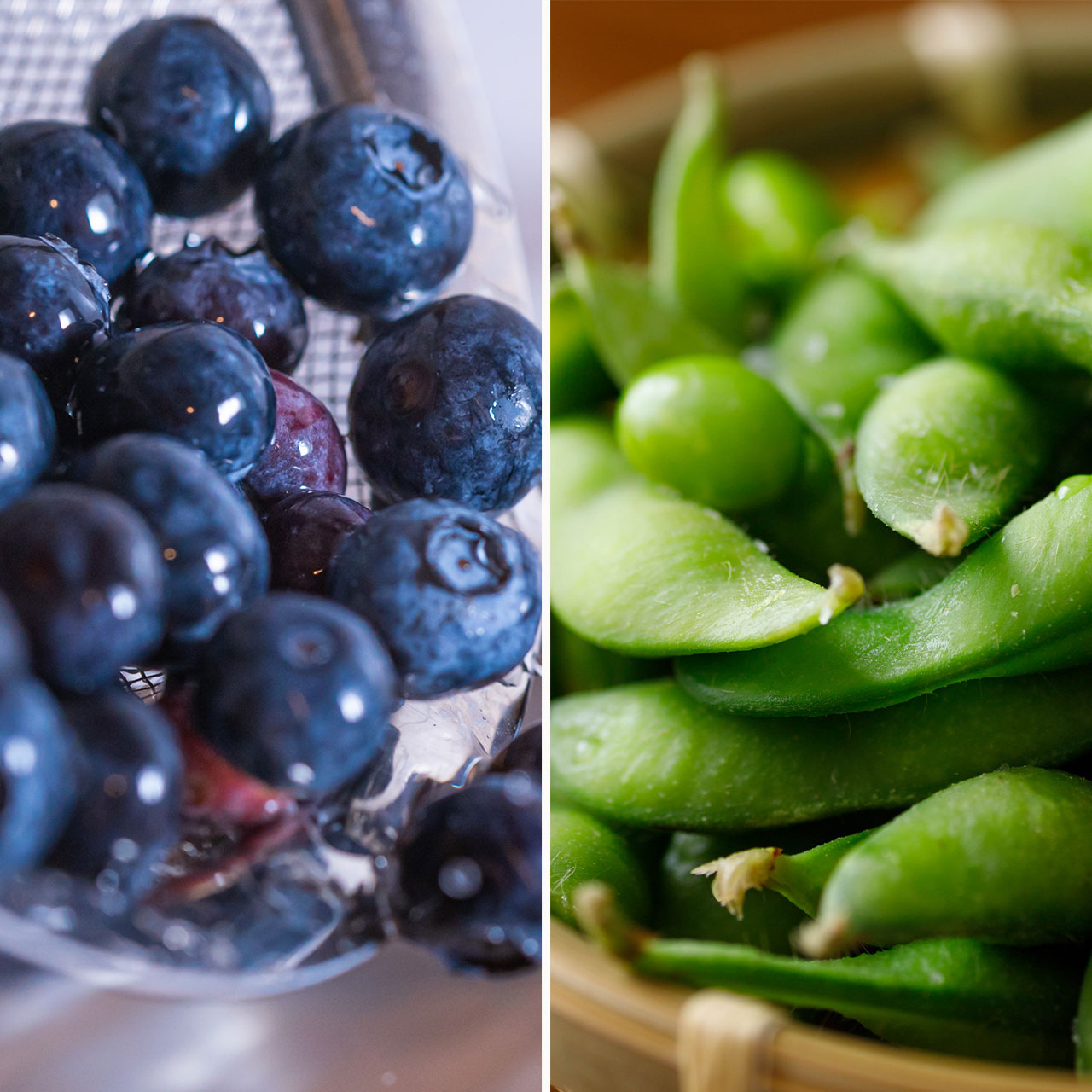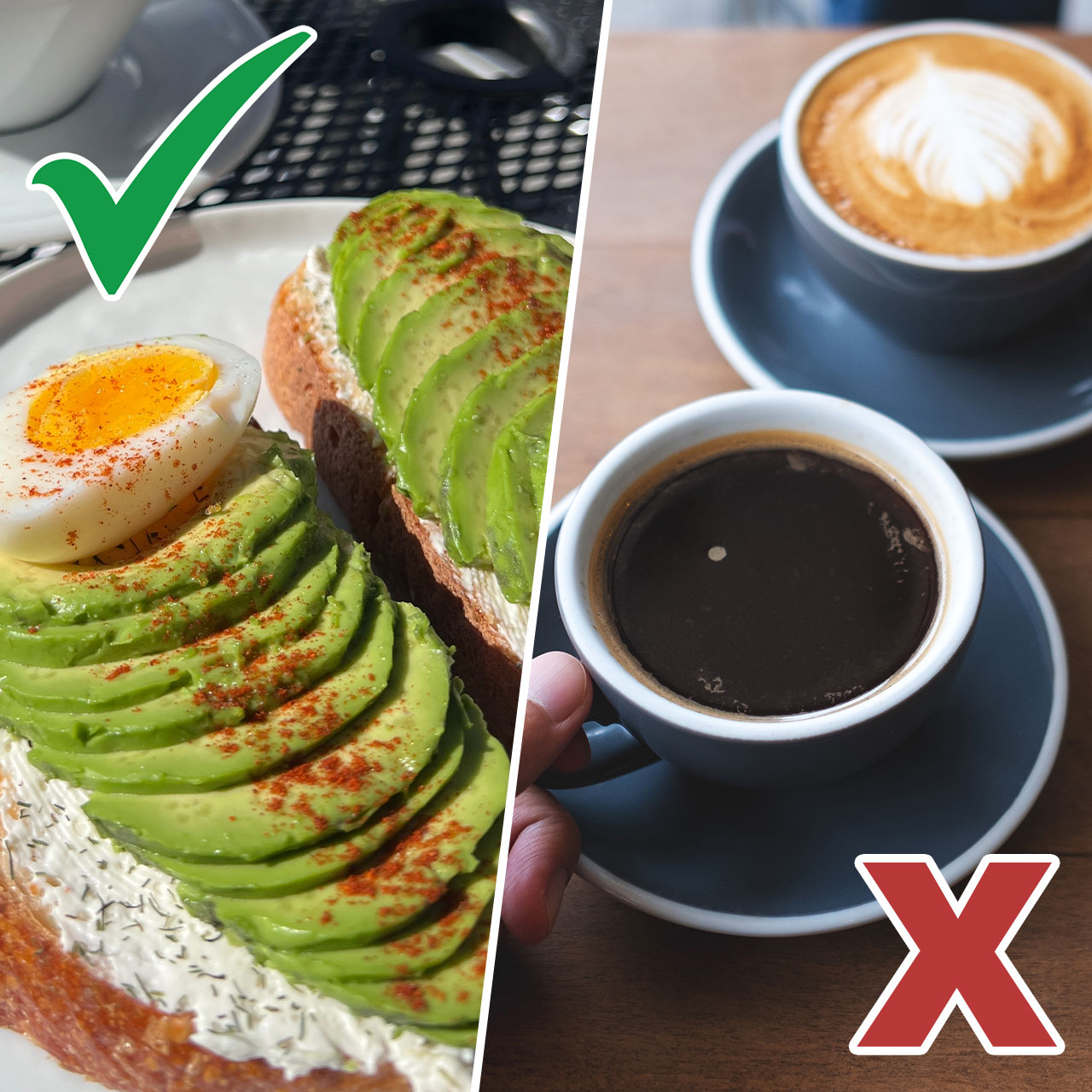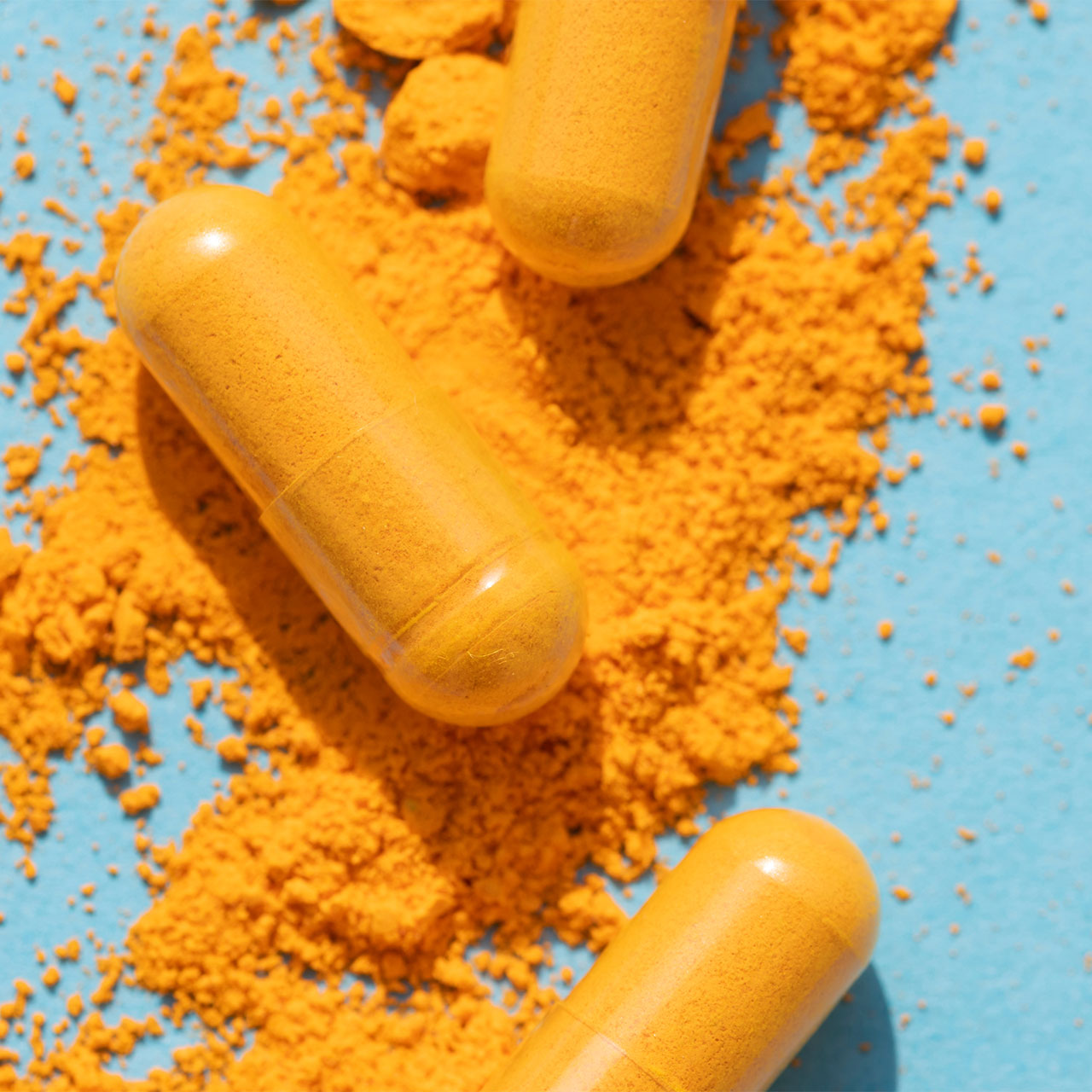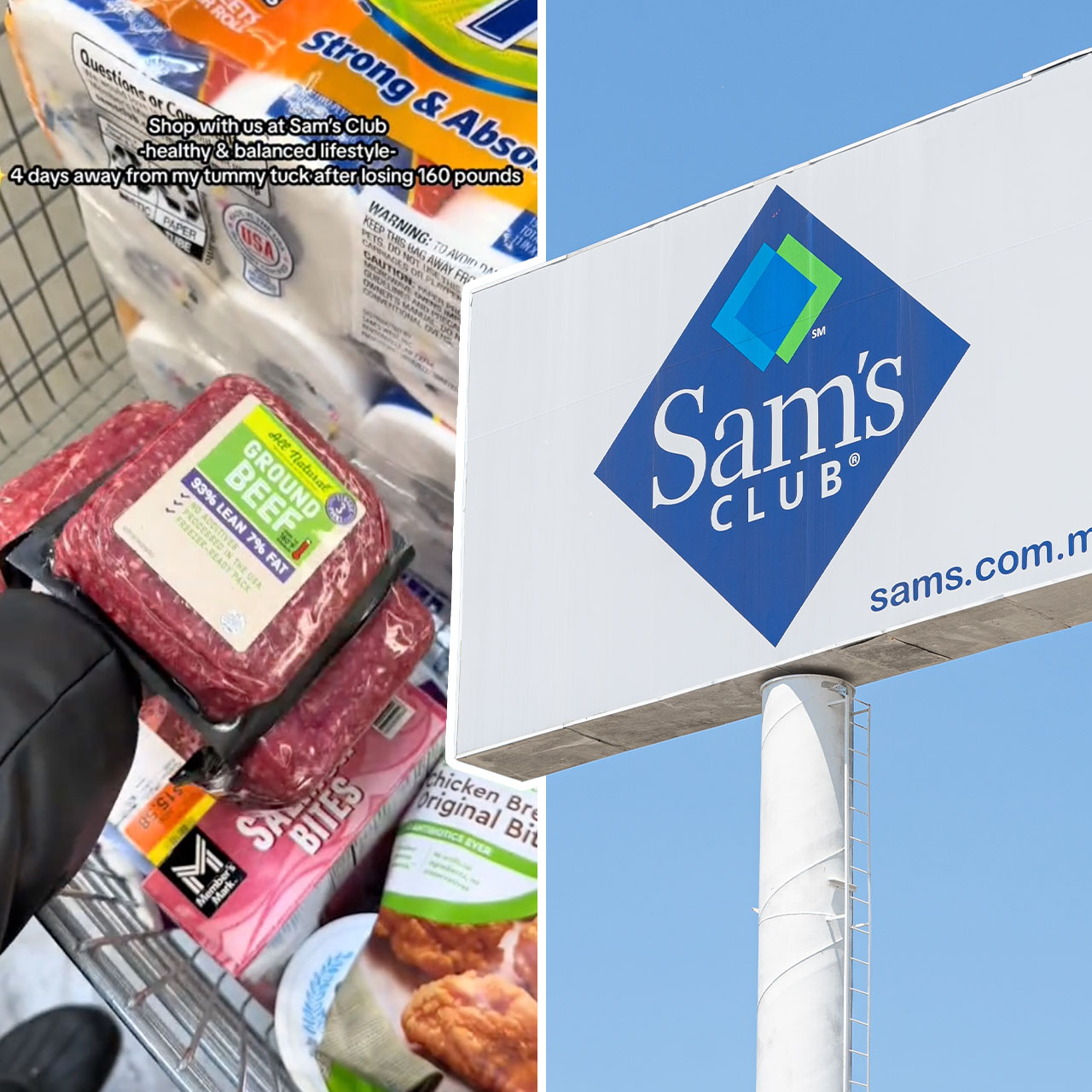In recent years, there has been growing awareness about the significant impact that our dietary choices can have on our overall well-being. Among the various aspects of health that diet can influence, the relationship between sugary foods, inflammation, and gut health has garnered considerable attention. Sugary foods, once beloved for their sweet allure, are now being scrutinized for their potential to trigger inflammatory responses within the body. Simultaneously, research has shed light on the intricate connection between diet and the gut, a complex ecosystem of microorganisms that plays a pivotal role in maintaining our health.
We spoke with Sheri Berger, RDN, CDCES, to find out the five worst foods to eat because they are high in sugar and cause inflammation and gut fat. Berger shared that soda, pastries, granola bars, fruit juice, and cereals are some of the worst options to indulge in.


Soda
Soda, a ubiquitous beverage in modern diets, is notorious for its high sugar content. Packed with an excessive amount of added sugars, these carbonated drinks offer a burst of sweetness that can be instantly appealing. However, this appeal comes at a cost to our health.
Berger says, "Sugary beverages such as soda pack in excessive added sugar which can lead to high levels of triglycerides, a common fat in the blood. A 12 ounce can of soda may contain 10 teaspoons of sugar or more."

Pastries
Pastries, with their flaky layers and delightful fillings, often tempt our taste buds with their indulgent flavors. Yet, lurking beneath their delectable exteriors is a concerning truth: pastries are frequently laden with high levels of sugar. These sweet treats, ranging from croissants to Danishes, owe their irresistible taste to the generous use of added sugars. While a bite into a pastry might bring instant pleasure, the elevated sugar content can lead to potential health consequences.
"Since pastries are often made with refined flour and sugar, they quickly hit the bloodstream and spike blood sugar levels, causing an unwanted inflammatory response," Berger notes.
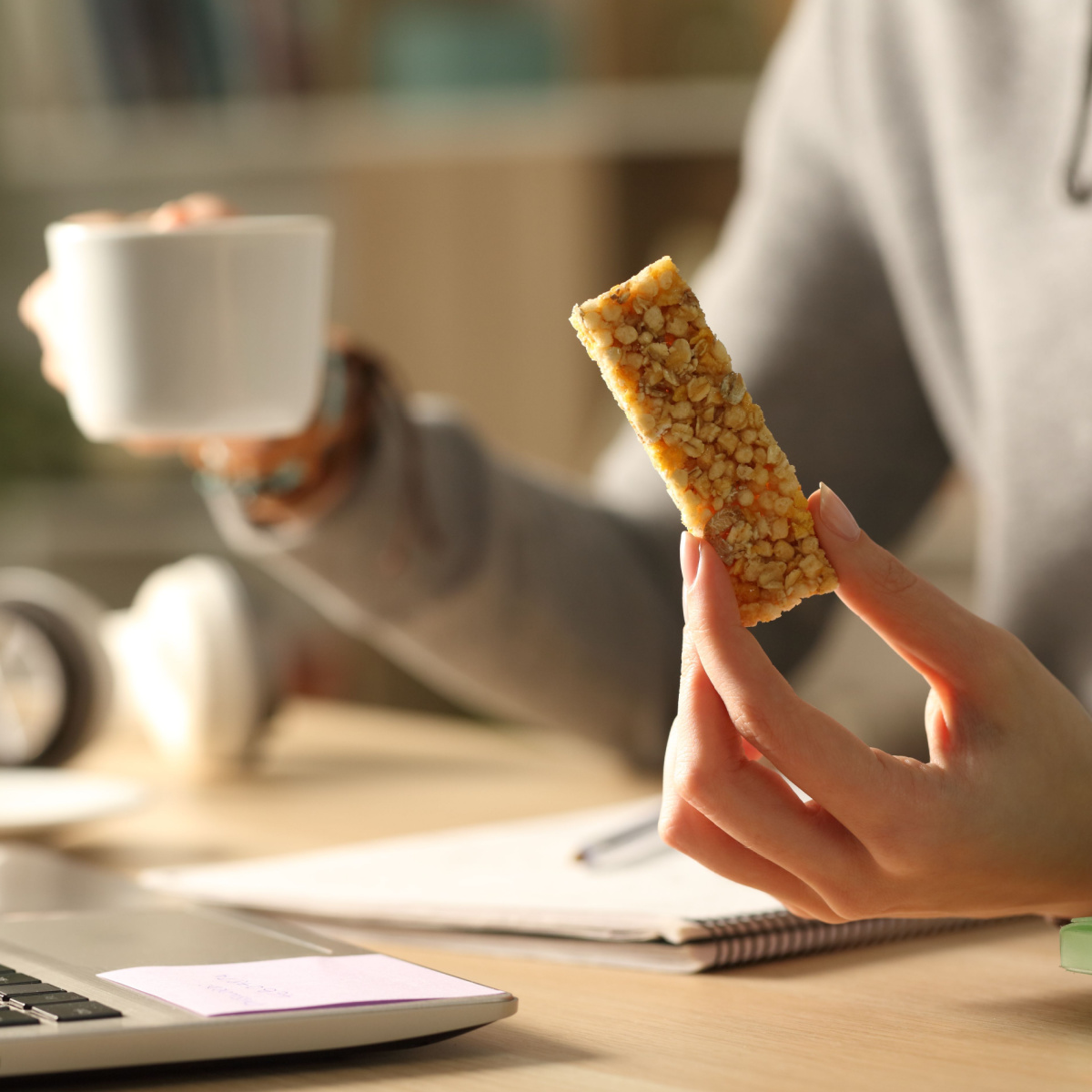
Granola Bars
Granola bars, often marketed as a convenient and wholesome snack, can sometimes be misleading when it comes to their sugar content. While they may seem like a nutritious choice, many commercially available granola bars are surprisingly high in sugar. The seemingly healthful combination of oats, nuts, and dried fruits can be overshadowed by the significant amounts of added sugars used to enhance flavor and sweetness.
Berger states, "Not all granola bars are created equal, some may be packed with heavy amounts of added sugar and lack fiber content for a blood sugar spike and short-lived energy jolt. The less added sugar and more fiber, the better. Every 4 grams of added sugar is equal to a teaspoon of added sugar, try choosing a granola bar that has around 8 grams of added sugar or less."
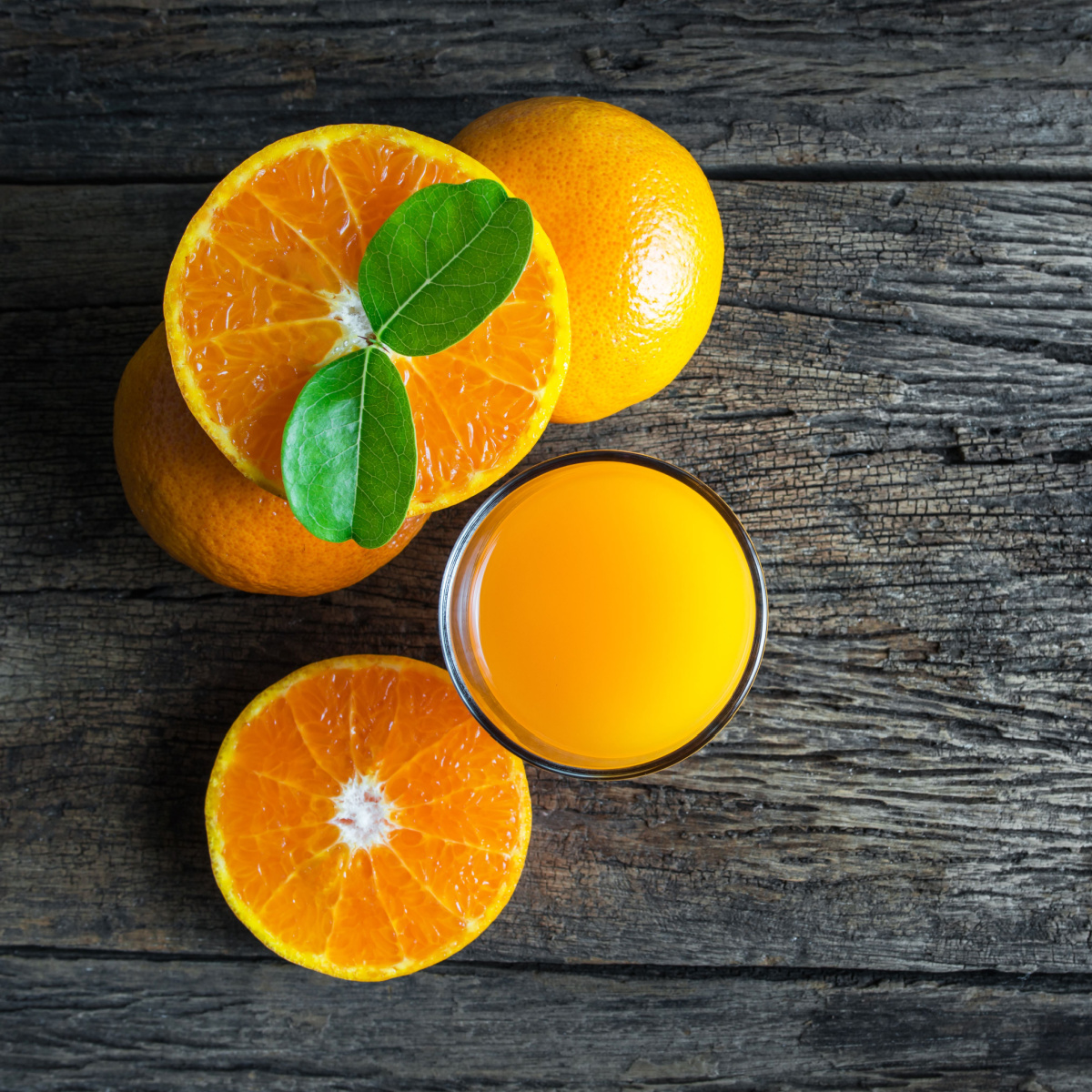
Fruit Juice
Fruit juice, often perceived as a refreshing and natural option, can sometimes harbor a surprising amount of added sugars. While it's true that fruit juices contain naturally occurring sugars from the fruits themselves, the processing involved in juice production can concentrate these sugars, leading to a higher sugar content than one might expect.
"When choosing a fruit juice, check for one that is 100% fruit juice, which means there is no added sugar. Some fruit juice may have as much added sugar as a can of soda, which can lead to an instant spike in blood sugar," Berger says.
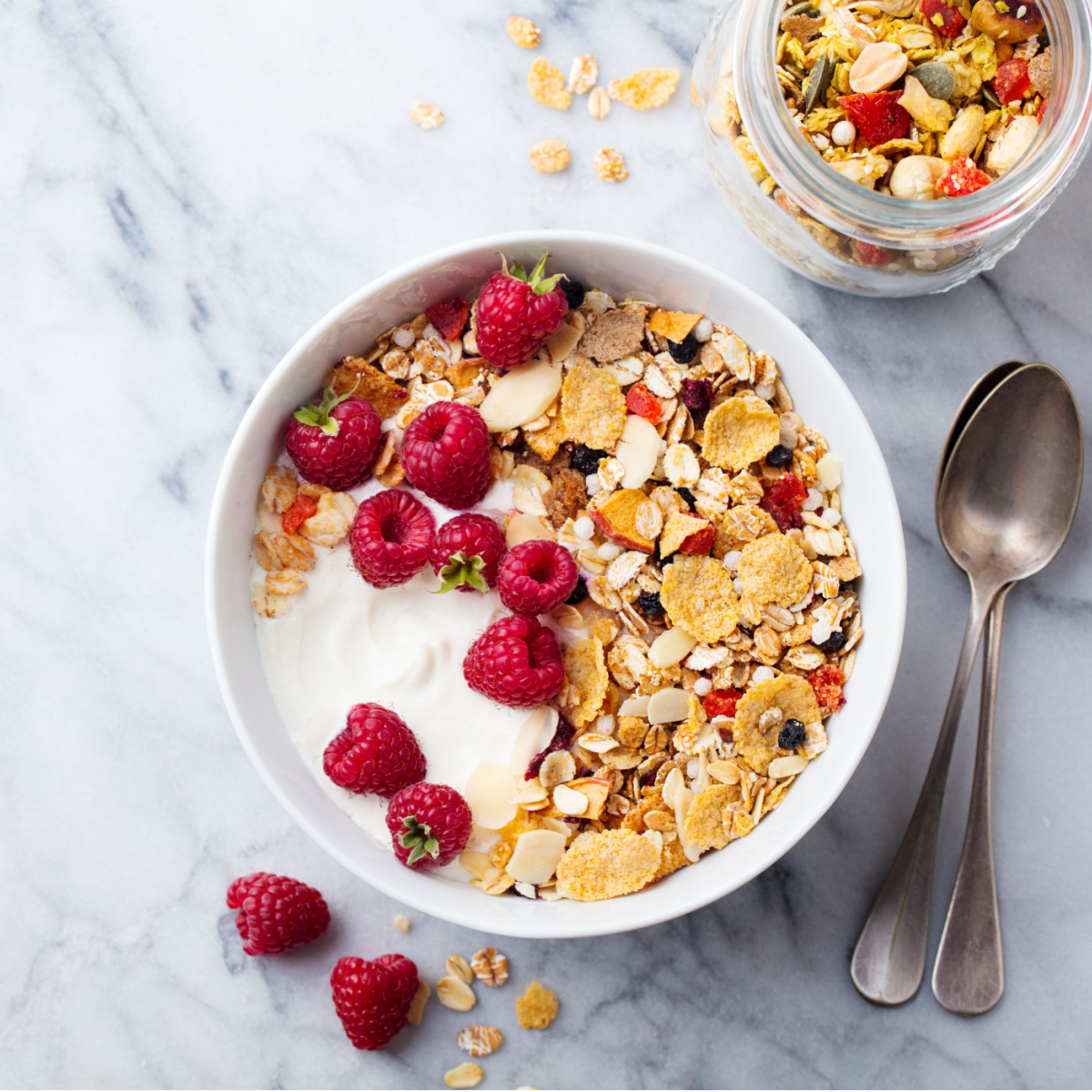
Cereal
Cereal, a breakfast staple enjoyed by many, can often be a surprising source of hidden sugars. While cereals are often marketed as a convenient and nutritious way to start the day, it's important to scrutinize their labels for added sugar content. Some cereals, especially those with vibrant colors and sugary coatings, can contain significant amounts of added sugars that contribute to their sweet taste.
"Read breakfast cereal nutrition facts labels carefully, small portions can pack in 27 grams of added sugar, which is more than is recommended for the whole day for some people," Berger points out.


